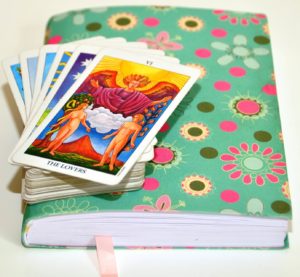
What is a Tarot Journal?
A Tarot Journal is a place where you can record your personal thoughts, insights, observations and notes about each of the Tarot cards to help expand your Tarot knowledge and skills. Your Tarot Journal may also include Tarot readings that you have done and Tarot spreads you have used or created contains your own notes about each Tarot card, readings you may have done, and spreads you have used or created yourself.
Why Bother with a Tarot Journal?
The benefits of keeping a Tarot Journal are enormous. Not only are you learning from texts and other standard resources throughout the course of your Tarot study and journal writing, but you are also applying your own personal experience to your learning journey. Relating your own experience to the Tarot increases your ability to develop the breadth and depth of understanding the Tarot. A true understanding of the Tarot cards will not stem from simply reading numerous texts, rather it will stem from gut instincts and personal intuition.
Not only will a Tarot Journal help your ability to read the Tarot, but it will also aid in your spiritual development. Each card holds a personal message that can be used for daily meditation. Each card can be seen as vital on any given day and can truly help you in finding out who you are and what your purpose is. Understanding the Tarot in this way can inspire you and take you to new levels if you allow it.
Getting Started on your Tarot Journal
Your first step will be to decide what format you would like your Tarot Journal to be. If you prefer hand-writing your journal, you can either purchase a blank notebook or a specially designed Tarot Journal such as Ari Stone’s Daily Spread Tarot and Oracle Journal or my interactive PDF Tarot Workbook.
Alternatively, you may like to store your Tarot Journal on your computer or online. Blogs are also becoming increasingly popular and offer the opportunity to share your Tarot Journal with others. A great place to start is with the free Blog tool, WordPress).
In addition to your Tarot Journal, you may wish to buy a small notebook to carry around with you, should you have any sudden Tarot insights. It can be terribly frustrating when you have a wonderful idea on the bus (or wherever), and by the time you have gotten home, you have forgotten it!
You might also want to purchase a special pen for your journal. Be sure it is one that won't fade over the years, as it would be terrible to lose all that important information!
What to Write in Your Tarot Journal
As mentioned previously, you can use your Tarot Journal for the Tarot cards, readings you have done, or spreads you have used or created.
When you write about the Tarot cards, there are a number of ways you can do it. You may like to draw a card each morning, reflect on it throughout the day, and write an entry on it during the evening. It doesn't have to be a new card every day – it could be each three days, each week, etc. Alternatively, you may wish to look at each card in order. For example, begin with the first card of the Major Arcana and move through until you reach the end. It is completely up to you, depending on your tastes and time available.
There are a number of aspects you can write upon when looking at the cards. Here are just a few:
The FREE 5-Day
Tarot Reading Challenge
Become a More Confident,
Intuitive Tarot Reader
Join Brigit Esselmont
for an EXCLUSIVE Live Event
April 28th - May 2nd
- Your first impression of the card – how you feel when you see it, which images stand out to you.
- A detailed description of the characters, symbols, and landscape. Perhaps there are a number of important aspects of the card that you missed in your first glance. How do these change your view of the card?
- Specific details of the card such as corresponding astrological sign, Major or Minor Arcana, suit, numerological significance, and related element.
- A collection of interpretations and keywords from books and websites with tarot card meanings.
- An experience or a person you know who reminds you of the card you are studying.
Throughout your day or your time spent studying that card, try to relate a number of different situations to the card you are studying. You may even want to try being the card. For example, you may be studying the Six of Pentacles. Perhaps you can donate money to charity or help a needy friend. Write down how this made you feel afterwards and if you noticed anything you would not normally associate with the activity.
Some other ideas for actually ‘being' the card is to write a letter to the character in the card, try a visualisation where you walk into the card, or write down some affirmations that may stem from the card selected.
If you are recording a reading you have done, be sure to write down the positions used in the spread and which card you drew. If you own a number of decks, don't forget to write down the deck you used. Recording a reading will help you reflect later on the reading. It can be especially useful to look at it a couple of months later and see where you went right and where you went wrong. Think about how you would re-interpret the cards to better suit the situation. Perhaps you will want to use this renewed interpretation in your next readings. In the shorter-term, looking over the reading after just a couple of days may help you attain some extra insight that you hadn't thought of at the time.
If you are writing about new spreads you have created, you may want to write about what influenced you when you arrived at this spread. You may also want to adapt and re-work previous spreads you have created.
When to Write in Your Tarot Journal
It is best to keep regular entries in your Tarot Journal in order to maintain your interest and your studies. Of course, this is dependent on your time available and your commitment to learning the Tarot. Every day may be ideal for one person, while every week may be ideal for another.
Don't wait for the ‘perfect' place to write your journal. As mentioned earlier, carry around a small notebook so you can write whenever an idea enters your head. If you are constantly waiting for the perfect time to write, you may be waiting quite a while and a lot of ideas will be missed!!
Who Can Write A Tarot Journal?
Anyone! Beginners through to advanced Tarot readers can benefit from a Tarot Journal. For beginners, it is an excellent tool to begin grasping the basic meanings of the Tarot. For more advanced readers, the Tarot Journal can open new doors and perspectives that the reader may have never been aware of. There is always something new to learn in the Tarot!
Other Tarot Journal Resources
The Ultimate Guide to Tarot Card Meanings Companion Workbook by BiddyTarot – My Tarot Workbook is a fully interactive PDF so that you can type and save your notes in your Tarot journal on your computer.
Tarot for Your Self : A Workbook for Personal Transformation Second Edition by Mary K. Greer – Originally published in 1984, this classic is the first book to explore and promote the concept of reading the cards for personal insight with detailed instructions how to do so. Mary K. Greer is a Tarot Grandmaster and is a well-known author in the Tarot world.
Tarot Journaling: Using the Celtic Cross to Unveil Your Hidden Story by Corrine Kenner – Tarot Journaling covers everything needed to create, keep, and preserve a personal tarot journal.

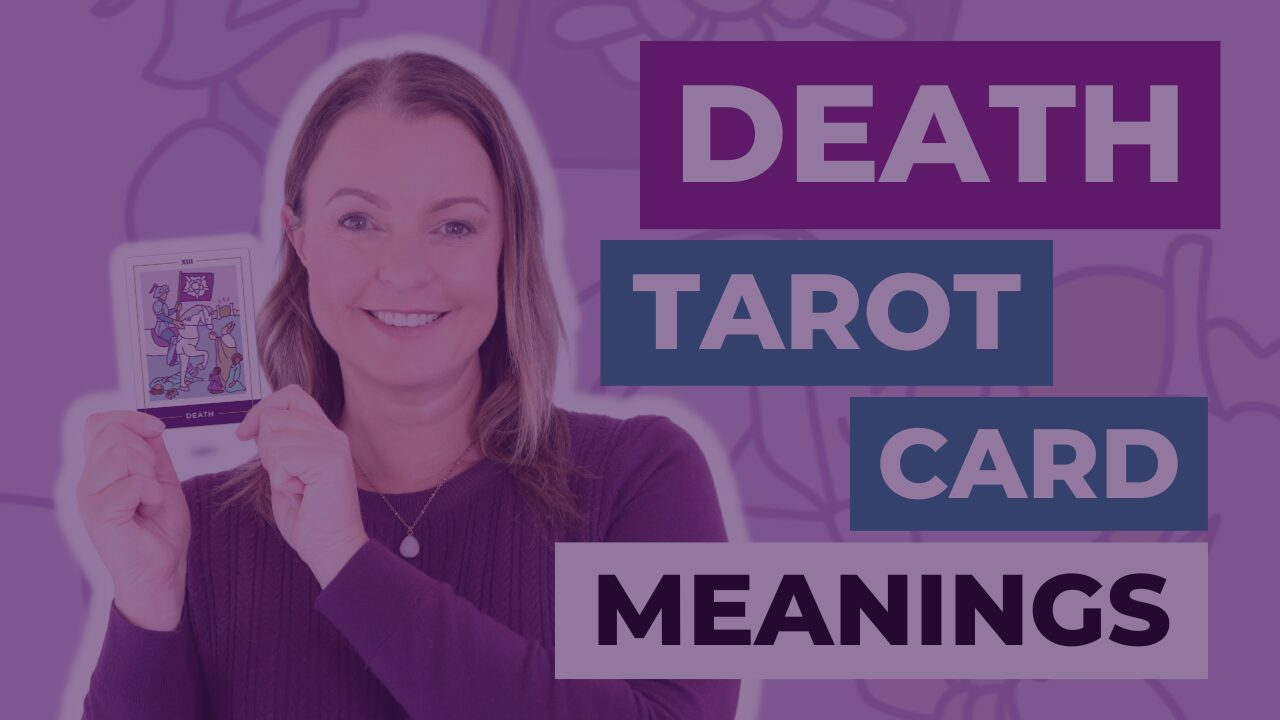
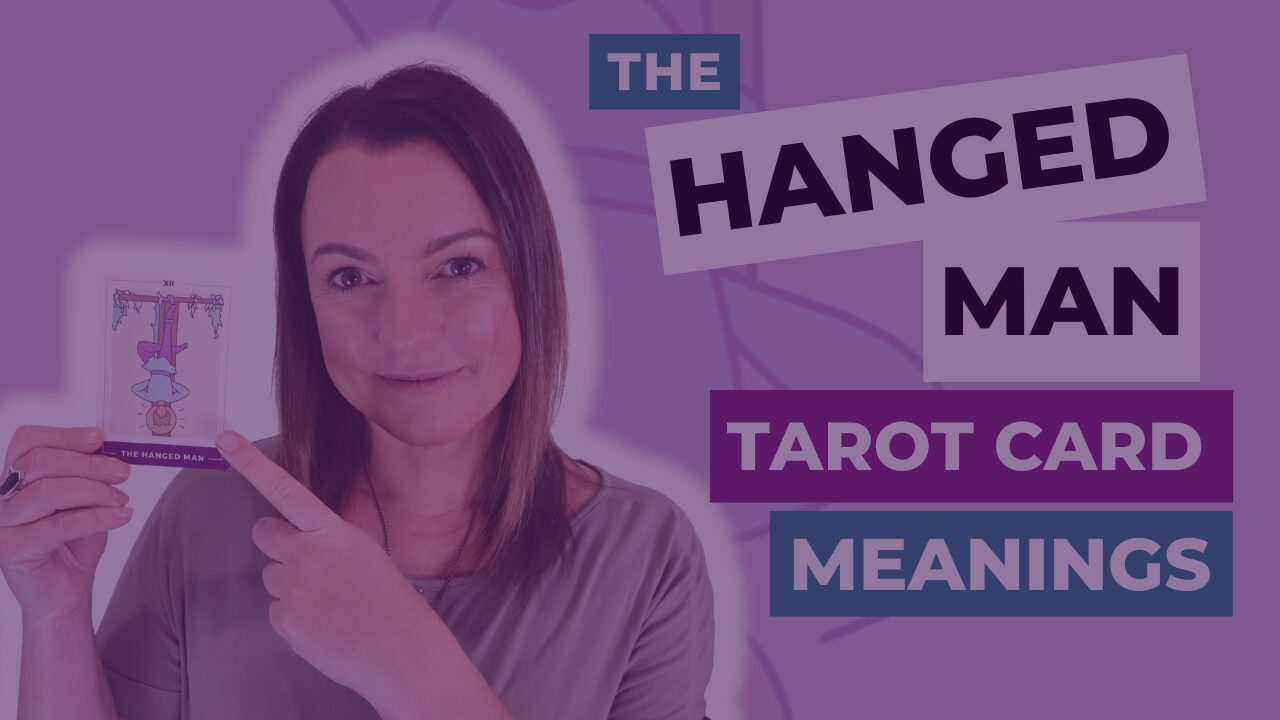
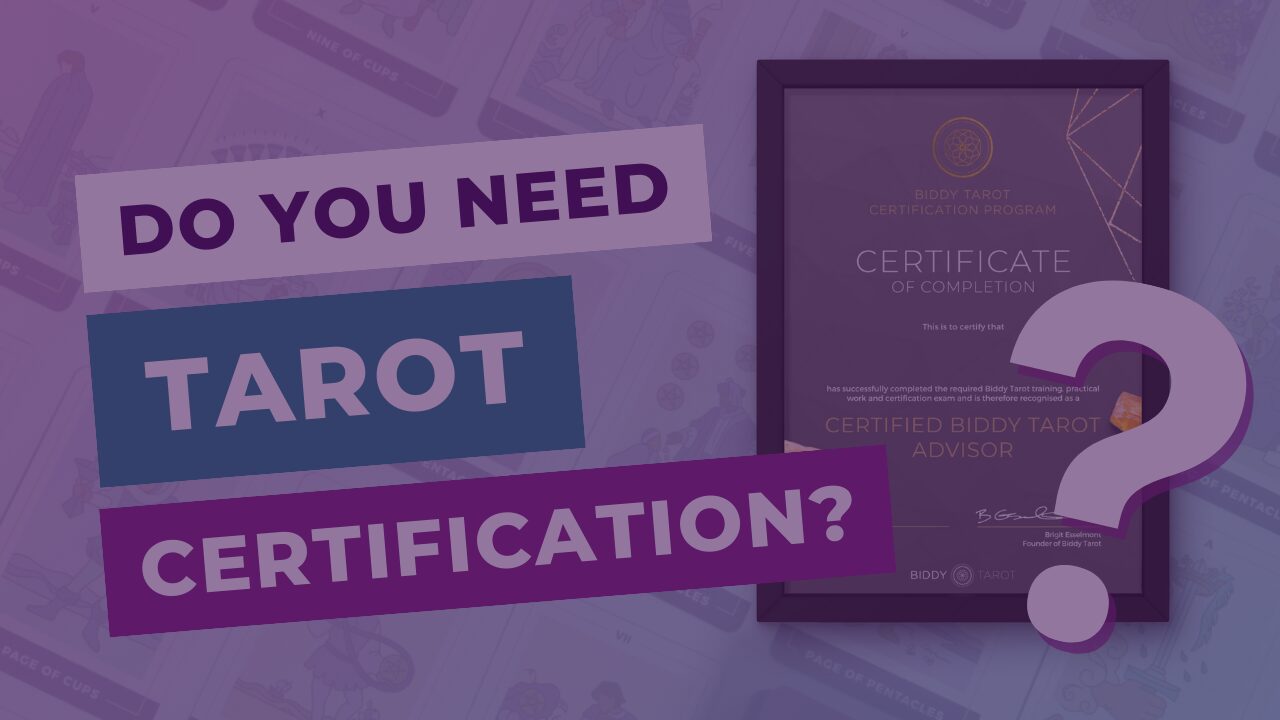
 Harness the wisdom of the Major Arcana with 22 guided meditations. Here’s what you’ll get:
Harness the wisdom of the Major Arcana with 22 guided meditations. Here’s what you’ll get: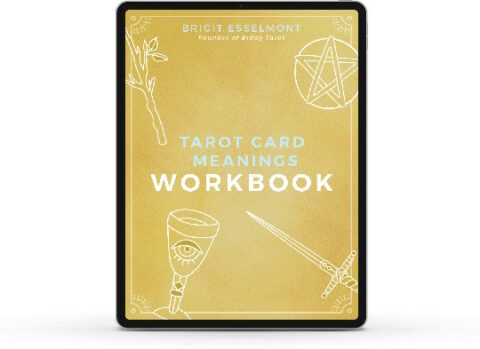 Create a deeply intuitive and personal connection to the Tarot cards with your very own Tarot Card Meanings Workbook. Here’s what you’ll find inside the workbook:
Create a deeply intuitive and personal connection to the Tarot cards with your very own Tarot Card Meanings Workbook. Here’s what you’ll find inside the workbook: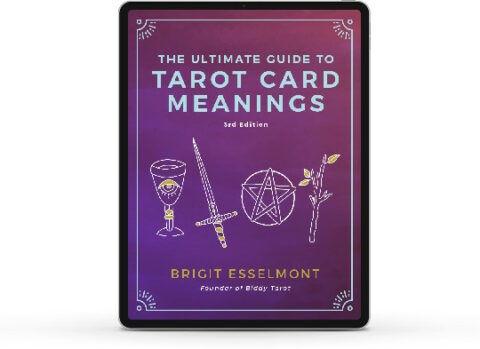 Here’s what you’ll find inside for every card in the deck:
Here’s what you’ll find inside for every card in the deck: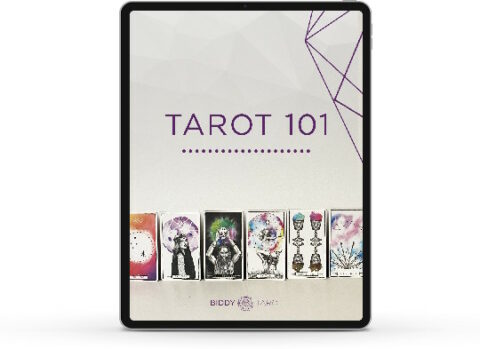 Start doing deep, accurate readings TODAY with this step-by-step accelerated program for beginners.
Start doing deep, accurate readings TODAY with this step-by-step accelerated program for beginners.